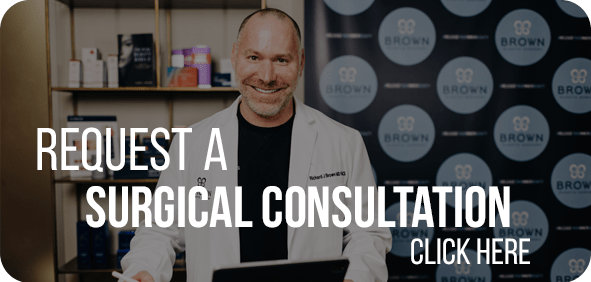Choosing Your Plastic SurgeonThe most important decision you can make with respect to your health and well being besides leading a healthy lifestyle full of exercise and healthy foods, is what doctor you choose. In this day and age because medical reimbursement from insurance companies has decreased, all types of physicians are trying to do more and more elective cash pay types of procedures. Every doctor everywhere is doing any and everything nowadays whether they were trained in residency or not to perform those procedures. Arizona has no scope of practice laws, which prevents doctors from performing procedures outside of the specialty they were trained in.
Sometimes it is hard to determine who is qualified to do a procedure. Does your Gynecologist inject Botox and filler? Does your Dentist sell HCG? Does your Internal Medicine doctor perform liposuction? Does it even matter?
Of course it does. When choosing a Plastic Surgeon, or any doctor to take care of you doing your homework is key. Wouldn’t you want to go to a specialist that has years of training in a specialty that aligns with what you are seeking? It does not make sense that if you need open-heart surgery you would allow a Gynecologist to perform the surgery. In this day and age many doctors perform cosmetic procedures without the board certification to back their knowledge and skills.
When it comes to plastic surgery the first thing to discuss is the difference between a Plastic & Reconstructive Surgeon and a Cosmetic Surgeon. Consider this.
A board certified Plastic Surgeon has had rigorous training (6-8 years) AFTER medical school on all aspects of surgery and plastic surgery. Armed with this knowledge, they are highly trained in facial and body cosmetic and reconstructive procedures. Any surgeon can call themselves a cosmetic surgeon, no matter what their training or background is. All plastic surgeons are cosmetic surgeons, but not all cosmetic surgeons are plastic surgeons. Look for accreditation by the American Board of Plastic Surgery.
Board certified plastic surgeons are commonly also members of the American Society of Plastic Surgery (ASPS). Being a member in this society requires the plastic surgeon to take 150 hours of continuing medical education activities every three years.
So do your homework. Ask the right questions of your surgeon. If he or she can’t give you the right answers, you’re probably not at the right place.



